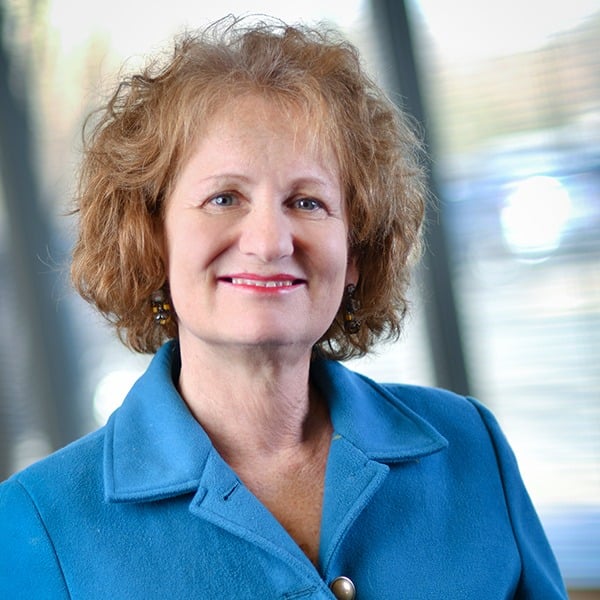 A quarter of US physicians are over 65 and about 11 percent of the active medical labor force is between 65 and 75. Accordingly, a lot of attention has been focused on how organizations can make sure aging practitioners are still cognitively and physically able to perform at a level ensuring patient safety and optimal outcomes. After all, there is no mandatory retirement age for physicians as there is for many other industries, including airline pilots on international routes and federal law enforcement officers.
A quarter of US physicians are over 65 and about 11 percent of the active medical labor force is between 65 and 75. Accordingly, a lot of attention has been focused on how organizations can make sure aging practitioners are still cognitively and physically able to perform at a level ensuring patient safety and optimal outcomes. After all, there is no mandatory retirement age for physicians as there is for many other industries, including airline pilots on international routes and federal law enforcement officers.
Cognitive testing and, especially for surgeons, testing of hand-eye coordination, has been discussed and in some cases instituted—with controversial results. Voluntary testing tied to a certain age may not be comprehensive enough while mandatory testing, like a fixed retirement age, runs the risk of being seen as age discrimination.
At the same time many older physicians are actively looking for ways to reduce their workloads as they move toward retirement.
The challenge is to be fair while maintaining the highest standards of patient safety and a commitment to zero medical errors.
How to Leverage Older Physicians' Experience and Knowledge
What if organizations created a way for older physicians to downshift from full-time practice while still contributing the skills, experience and knowledge they’ve gained over a lifetime of dedication to medicine? Such a scheme could be allied with the organization’s physician well being program and could offer the practitioner opportunities to mentor younger physicians, serve as an advisor on care teams, do scholarly and scientific writing and in other ways contribute priceless knowledge and experience.
Assured of such a place of honor in their organizations, older physicians might be much more willing to accept age-related testing. It could be a win-win-win for physicians, patients and organizations, an achievement not to be overlooked.


